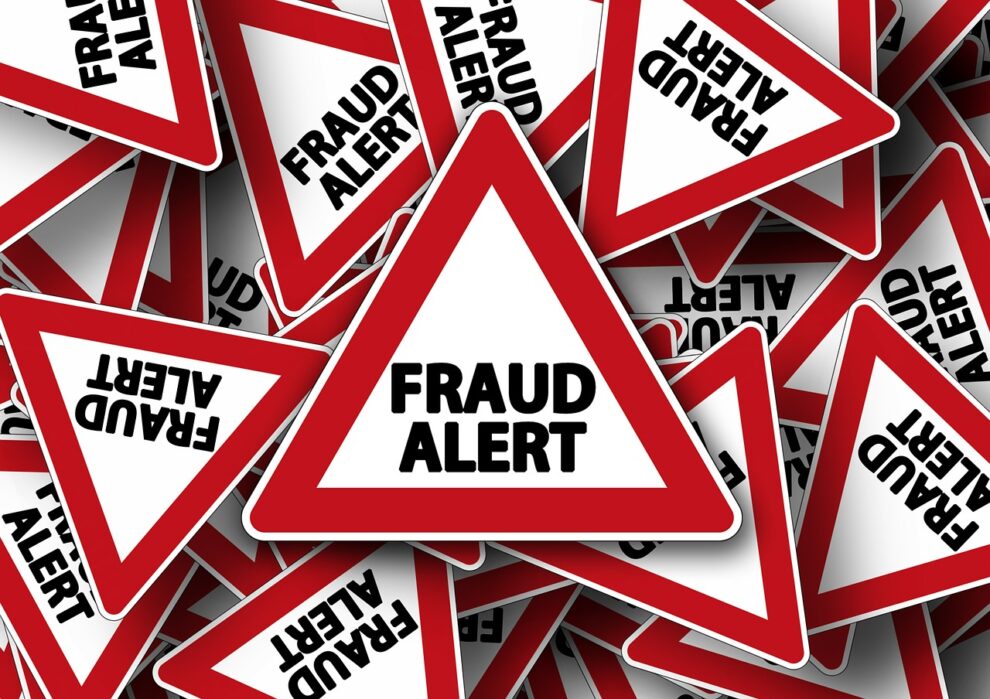Real estate has been a time-honoured choice for investors, as it presents many opportunities and advantages. With its stable economy, strong housing market, and potential for high returns, real estate Canada continues to be a reliable long-term investment. With a growing population, urban development, and limited housing supply, there is a constant demand for housing, ensuring a steady flow of potential buyers or renters.
Real estate investments have the potential for high returns through rental income and property appreciation. Rental properties provide a steady passive income, and property values have shown steady growth over the years, allowing investors to build significant equity over time. Additionally, leveraging real estate through mortgage financing can further amplify returns and wealth accumulation.
However, home buyers should recognize the potential risks of investing in real estate, particularly the dangers of property fraud that can jeopardize their hard-earned savings.
Real Estate or Property Fraud
So, what is property fraud? And what are the consequences?
Real estate fraud has two primary types: title fraud and foreclosure fraud.
Title fraud involves the theft of a property’s title, allowing fraudsters to exploit homeowners. By stealing and assuming a homeowner’s identity, fraudsters can sell the property or obtain mortgages against it, putting the legitimate owner at risk of losing their most valuable asset.
Foreclosure fraud occurs when homeowners facing mortgage payment difficulties are deceived into transferring their property title to fraudsters, who then exploit the property for personal gain. To get the best agent or to buy the Milton homes for sale, trust the best agency in Canada Save Max
Property fraud includes schemes such as identity theft, forged documents, or fraudulent property listings to deceive unsuspecting investors of their hard-earned savings. The consequences are emotional turmoil, significant financial losses and losing ownership of the property.
Safeguards Against Property Fraud
Protecting yourself from real estate fraud requires proactive measures and awareness. In this blog, we will explore various steps you can take to safeguard your residential properties from property fraud in Canada.
Keep Your Mortgage Information Safe:
Keeping your mortgage information secure is crucial. Store it safely. Do not dispose of old documents without shredding them. Taking these precautions reduces the risk of your personal information falling into the wrong hands.
Seek Legal Advice:
Consulting with a lawyer or notary before granting someone else the authority to handle your home or assets is essential. Their expertise will help protect your interests and guide you through any potential risks or legal implications.
Diligence with Loan Offers:
Research the individual or company extending loan offers thoroughly. Verify their legitimacy and reputation before entering into any financial agreements. This step will help prevent falling victim to fraudulent schemes.
Conduct Land Title Searches:
Before entering into any property transactions, conduct a land title search through your provincial or territorial land registry office. This search will provide you with essential information, such as the property owner’s name and any registered mortgages or liens.
Buy Title Insurance:
Consider purchasing title insurance to provide additional protection against title fraud. This insurance safeguards you against financial losses resulting from fraudulent activities related to your property title.
If you suspect property fraud, take immediate action by documenting the fraud, contacting relevant parties, reporting to authorities, protecting your credit report, and reporting the fraud to the Canadian Anti-Fraud Centre.
Conclusion
Protecting yourself from property fraud in Canada requires vigilance and proactive measures. Engaging reputable real estate agents, conducting thorough due diligence, verifying property ownership and title deeds, and seeking legal advice are critical steps to safeguard your property.
By employing the above strategies, you can reduce the risk of falling victim to real estate fraud. If you suspect anything fishy, promptly document the incident, contact the relevant parties, and report it to the appropriate authorities.
Stay informed, stay alert, and safeguard your property against fraud in Canada.

